York is committed to excellence in research and scholarship in all its forms. Informed by a strong commitment to shared values, including the promotion of social justice, diversity, and the public good, we aspire through our research to better understand the human condition and the world around us and to employ the knowledge we gain in the service of society.
Faculty Research Projects and Events
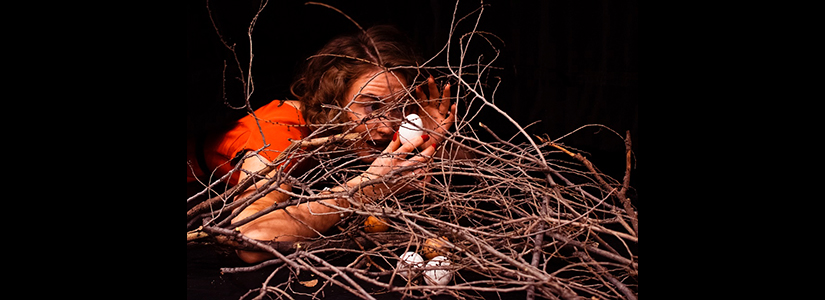
the morning I died I flew over the tobacco fields, research creation project, created by Lynn Hutchinson Lee, Magdalena Kazubowski-Houston, Rajat Nayyar and Becky Gold. Photo: Amadeusz Kazubowski-Houston
The Graduate Program in Theatre, Dance, and Performance Studies has established a strong reputation nationally and internationally thanks in large part to the professional reputation and excellence of its faculty. In recent years faculty appointed to the Graduate Program in Theatre, Dance, and Performance Studies have received grants from a number of granting agencies in Canada and the United States. Many of the Theatre Studies faculty are prolific in the area of publication and also serve as editors of major theatre and performance studies journals in Canada and throughout the world.
In addition, senior faculty members are eagerly sought after as consultants and lecturers by universities and artistic associations in countries such as Russia, Bulgaria, South Africa, Japan, India, and South Korea. Faculty have also played important roles in the areas of community outreach, running community arts programs from within the university as well as workshops for remote communities in Nunavut and on Manitoulin Island. Other faculty have been instrumental in bringing large international conferences to Toronto, showcasing York’s talent and resources. In short, the faculty appointed to the Graduate Program in Theatre, Dance, and Performance Studies are hard-working, dedicated scholars with extensive international connections.
Due to the collaborative nature of academic research, faculty members frequently hire graduate and undergraduate students to work for them as Research Assistants. Below is a sampling of some large-scale research projects and journals, both of which have involved graduate student research.
Student Research Projects and Events
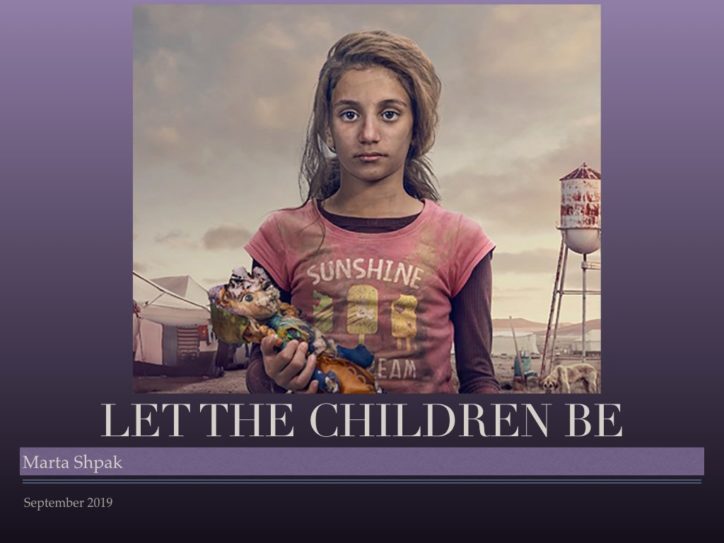
(MA) Shpak, Marta's project title: Let The Children Be.
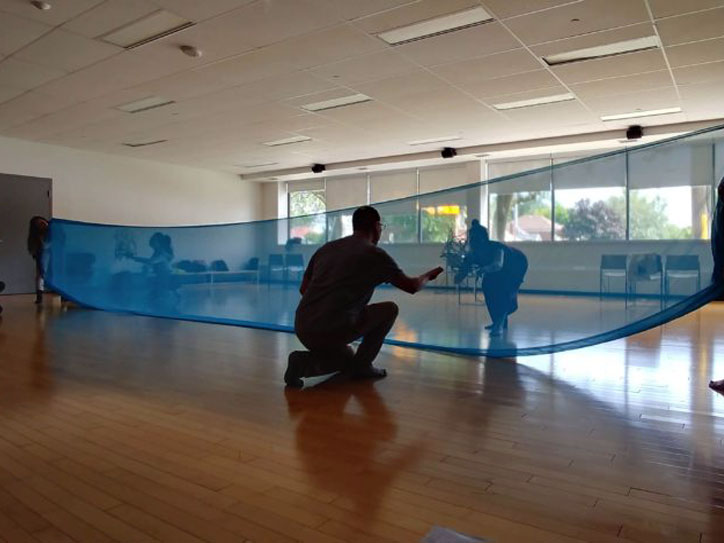
(PhD) Marchinko, Elan's research interest: Histories of colonialism and its redress, feminist, queer, and critical race theory, intercultural performance and dance studies, performance, memory, and trauma, gendered racial violence surrounding representations of indigenous life worlds in Canada.
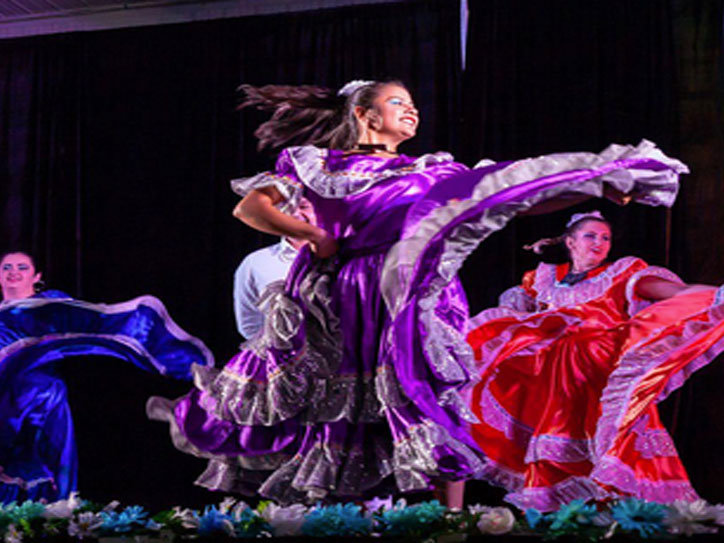
(PhD) Alfaro, Danielle's research interest: Traditional folk dancing performed by the Salvadoran diaspora in Canada and its relationship to activism and identity.

(MA) Bentham, Aisha's research interests: The intersection of food, wellness and performance. With sub areas in ancestry, location and memory.
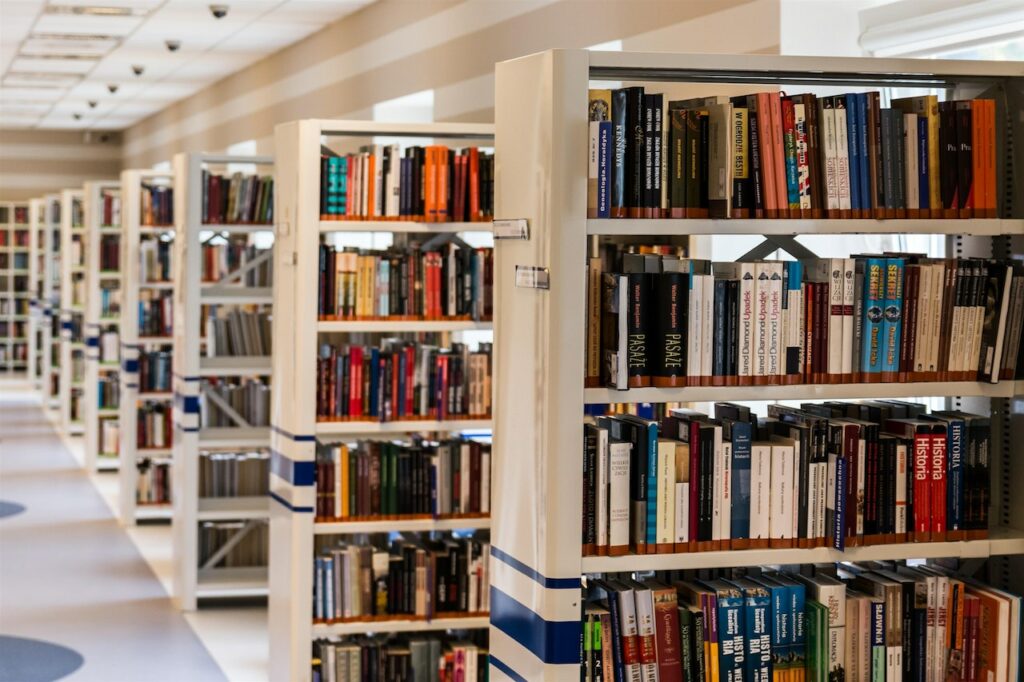
Electronic Theses and Dissertations
Research within the Graduate Program in Theatre, Dance & Performance Studies is determined by the proposed projects presented by successful aspirants. Our students complete a thesis and/or dissertation, which then becomes published as "Electronic Theses & Dissertations" and sits as a public document within our institutional repository - YorkSpace.
Graduate Program in Theatre, Dance & Performance Studies Electronic Theses

Learn More
The Graduate Program in Theatre, Dance & Performance Studies at York is an exciting environment to pursue innovative, socially engaging, career-ready education. Contact our Graduate Program Assistant to learn more.

